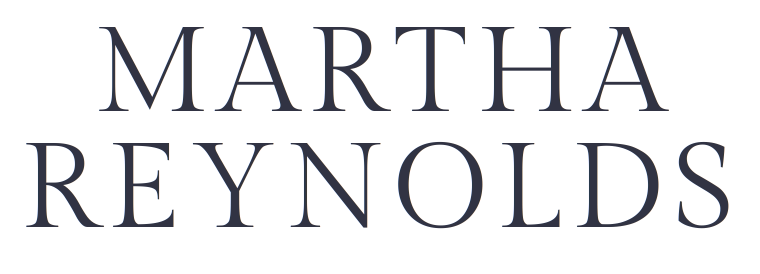Book Review Tuesday #BRT Darkness at Dachau
Darkness at Dachau is the most recent book from Paul F. Caranci, published this past October by Stillwater River Publications. It chronicles the story of Fr. Jean Bernard, a Catholic priest from Luxembourg who headed the international Catholic film bureau in Brussels, and was imprisoned in the Nazi concentration camp at Dachau from May 1941 until his release in August 1942.
Caranci is a meticulous researcher who provides supplemental information on the beginnings of Hitler's rise, including the end of World War I and how Germany, and Germans, in humiliating defeat would seek revenge. He details Hitler's poverty in childhood to his rejection from the Academy of Fine Arts in Vienna to his affiliating himself with anti-Semitism.
The reader will learn that Dachau was the first Nazi concentration camp, opened in 1933, and that it was "home" to several thousand members of the Catholic clergy. In the case of Fr. Bernard, he was arrested and imprisoned for speaking out against the Nazis.
Fr. Bernard was unexpectedly released from the camp for nine days in February 1942. Released because his mother had passed away, Fr. Bernard was offered a 'deal' - that other priests might also be released if they would all publicly support the Nazis. Bernard refused and was returned to Dachau. Eventually, his brother's intervention helped secure his permanent release in August 1942. Fr. Bernard eventually held senior-level positions in the Catholic Church in Luxembourg, and died in 1994 at the age of 87.
It's important for me to note that there are many instances of extremely graphic abuse and torture detailed in the book. Some readers will find these descriptions too difficult to read and should be aware. Most of us know about the atrocities committed against innocent people in the Nazi camps. There are also very graphic and gruesome photos that Caranci includes, most of which come from the Holocaust Museum archives.
While this book is about Fr. Jean Bernard and his incarceration at Dachau, the last part of the book focuses more on other aspects of Catholicism (historical and modern-day), including "anti-Christian SCOTUS [Supreme Court of the United States] rulings," church closures by church hierarchy in the time of Covid-19, the debate over offering communion to pro-choice elected officials, Roman crucifixions and stonings in the year 62 A.D., the torture of St. Luke in graphic detail, and Christians celebrating Mass in the catacombs. Caranci is a wealth of knowledge, that is obvious, and I believe he wanted to tie in various aspects of history, including the way priests at Dachau were restricted from saying Mass ("risking hunger, torture, medical experimentation and mass executions") to the early Christians celebrating Mass in the catacombs in secret, but these instances pinball all over the place and seem not to belong within the scope of a book about a priest imprisoned in a Nazi concentration camp. Still, there is much to be learned from Darkness at Dachau, especially for anyone interested in the history of World War II.
You can purchase a copy of Darkness at Dachau at Amazon (https://tinyurl.com/2p9y6x56) or locally at Stillwater Books (https://tinyurl.com/2y4e3v5j).
Paul F. Caranci is the author of twelve books. He has been a student of history for many years. He is an incorporating member of the Association of Rhode Island Authors (ARIA) and a member of the board of the RI Publication Society.
Next book review will be Tuesday, January 25!

